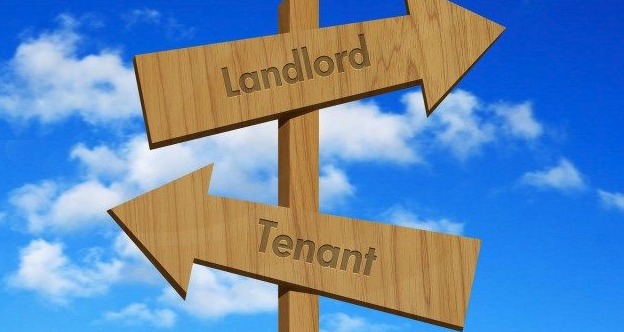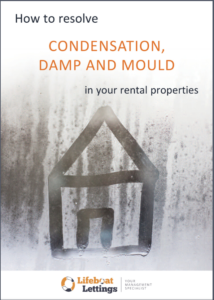
One of the perennial challenges in managing a rental property, is identifying who is responsible for what: landlord or tenant? Often there is confusion from both parties to the tenancy as to what they are responsible for. So, here is a quick run-down of the ‘big hitters’ in terms of areas for confusion or frequent causes for concern during a tenancy.
TENANT’S RESPONSIBILITIES
Give your landlord (or their agent/contractor acting on their behalf) access to the property to effect repairs or maintenance – with reasonable notice, usually 24hrs. You must give immediate access in the event of an emergency (such as a fire, serious water leak, water or gas escape etc.).
Take good care of the property and act in a ‘tenant like manner’. This means taking reasonable steps to protect the property if you are going away (particularly in cold weather), leaving the property secured against intruders etc.
Notify the landlord in good time about any need for repairs.
To pay for any damage to the property caused by you or anyone you have allowed access to.
To always pay the rent according to the tenancy agreement, even if you are in dispute with the landlord regarding any matter (such as repairs)
To always pay all additional charges related to your occupation of the property; such as utility bills, taxes etc.
A tenant is responsible for insuring all the contents of the property during their tenancy, unless the item is particularly included in the tenancy (such as a cooker for instance).

LANDLORD’S RESPONSIBILITIES
There is a large amount legislation associated with letting a property and as expected this causes a longer list of responsibilities for landlords. The following is not an exhaustive list but give you an idea of what is involved:
Ensure that the property is safe for habitation
All gas appliances are safe, regularly inspected and an annual CP12 certificate is obtained
The electrical installation is safe and a valid EICR certificate is in place
The appropriate fire safety regulations are being followed, including the installation of detectors and alarm systems (where applicable), provision of escape routes and fire resistant furnishings are installed where applicable.
Protect any deposit in a government approved scheme.
Ensure that the tenant has the right to rent in the UK.
Give the tenant all the required documentation at the appropriate time, including but not limited to:
o An EPC
o The full name and address for service of notices (Sec 48 notice)
o A copy of the ‘How to Rent’ guide.
o A copy of the CP12 and EICR certificates.
o Etc.
Regarding repairs, landlords are normally responsible for:
The fabric and structure of the building.
Defects in sanitary ware, drains, interior and exterior pipes (excluding clearing of blockages causes by the use of the system by the tenant)
Heating and hot water systems
Wiring
Any property of the tenant which is damaged whilst carrying out repairs.
There are a few areas that could be the responsibility of either party, depending on the details and circumstances of the situation:
Putting right damage to the tenant’s property caused by the actions of a third party, such as a neighbouring tenant.
Dealing with a vermin infestation, which could be due to a long-standing issue with the property, or due to poor hygiene on the part of the tenant.
If you have any questions about the above subject or would like a chat about the services we offer, you can email us to contact@lifeboatlettings.com or phone the office at 01233 802803




